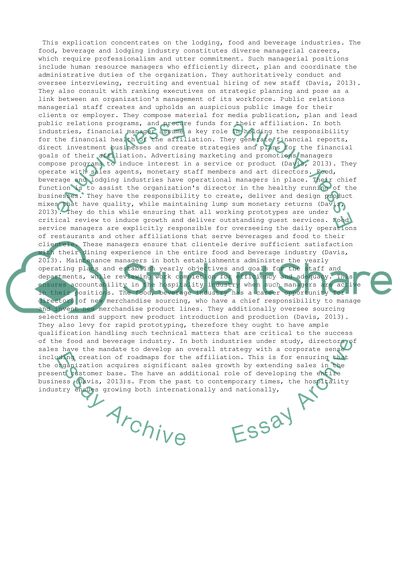Cite this document
(“Careers in Lodging and Food and Beverage Industries Essay - 2”, n.d.)
Careers in Lodging and Food and Beverage Industries Essay - 2. Retrieved from https://studentshare.org/business/1490059-careers-in-lodging-and-food-and-beverage
Careers in Lodging and Food and Beverage Industries Essay - 2. Retrieved from https://studentshare.org/business/1490059-careers-in-lodging-and-food-and-beverage
(Careers in Lodging and Food and Beverage Industries Essay - 2)
Careers in Lodging and Food and Beverage Industries Essay - 2. https://studentshare.org/business/1490059-careers-in-lodging-and-food-and-beverage.
Careers in Lodging and Food and Beverage Industries Essay - 2. https://studentshare.org/business/1490059-careers-in-lodging-and-food-and-beverage.
“Careers in Lodging and Food and Beverage Industries Essay - 2”, n.d. https://studentshare.org/business/1490059-careers-in-lodging-and-food-and-beverage.


